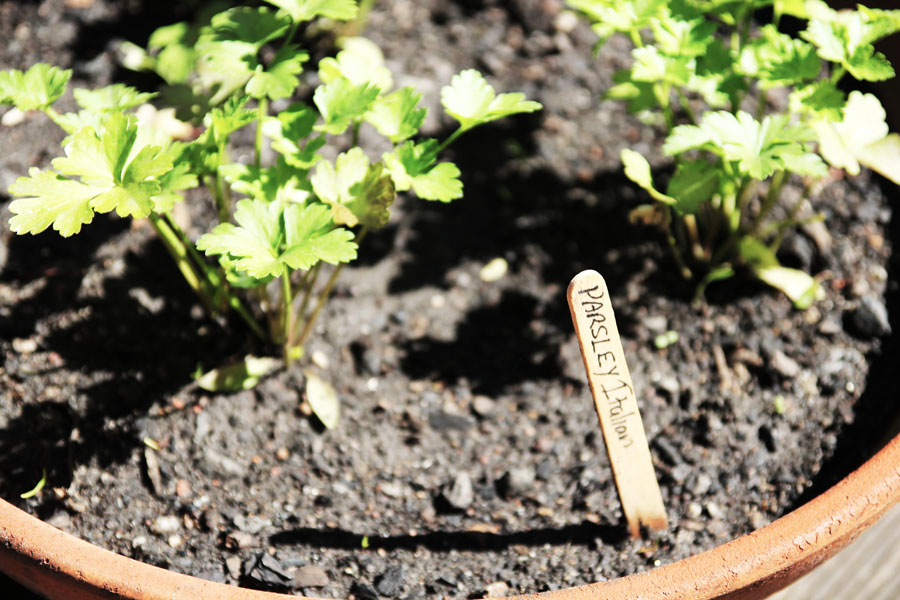CIRCADIAN RHYTHMS: Giving the Time of Day to Your Veges

A recent study has found that vegetables have increased levels of beneficial chemicals if they continue to follow circadian cycles once picked. Is a refrigerator with an internal light that follows day/night cycles next on the cards?
Life has been quite busy and a little stressful of late. This coupled with the fact that I haven’t drunk any coffee for the last couple of months, only to fall off the wagon. Or should I say get back on the wagon? Because there is nothing inherently wrong with coffee after all! It’s just that I wanted to cut back and stop using it as a crutch to get me up in the mornings.
Anyway, this combination of circumstances has seen me keeping strange hours, up late at night only to get up early and generally being thrown all out of whack. Or to put a more precise name to my current affliction – my circadian rhythms are out. In case you were wondering ‘circadian rhythm’ is your internal biological clock which dictates your eating and sleeping cycles over an approximate 24 hour period and follows the day/night cycle. It is thought to be governed in part by the hippocampus part of your brain.
In times of stress and disruption I follow the three R’s to get myself back on track. Regular sleep, Relaxation and Aerobics (hey if ‘arithmetic’ is considered an ‘R’). And then of course there is the all important nourishment. Hitting the veg can certainly help bring anyone back into balance.
Little did I know, however, that my veg were also in need of a little bit of circadian re-balancing of their own. A recent study has shown that giving your vegetables a periodic dose of light and dark (to simulate day and night) once they are picked, will help them hold onto many of their nutrients.
Cruciferous vegetables – that is members of the Brassicaceae family such as cabbage, broccoli, kale, cauliflower, bok choi to mention but a few – have been found to have high amounts of organic compounds called glucosinolates which secrete enzymes that can remove carcinogens and cleanse the cells in the body.
Previous studies have already shown that plants regulate their chemical defences through the use of circadian rhythms. But what this latest study shows is that plants can continue exhibiting the same responses once the vegetables have been picked. Or put another way, they have higher amounts of beneficial chemicals such as glucosinolates – or at least they do at certain times of day, usually sometime in the late afternoon.
So is anyone up for creating a fridge that switches lights on and off at regular intervals matching day/night cycles? And then of course early evening dinners would be the name of the game. Follow this link if you want to hear an interview with the researcher Janet Baam for more info.
Oh and is the effect of glucosinolates and their enzyme secretion proof that raw food and the enzyme theory may have some weight? Perhaps yet another example of scientific research throwing up more questions than it answers.
I think I will go chill in the sunshine and nibble on some cabbage leaves with a drizzle of kewpie mayo and see if I can seek some answers to these important life questions.


